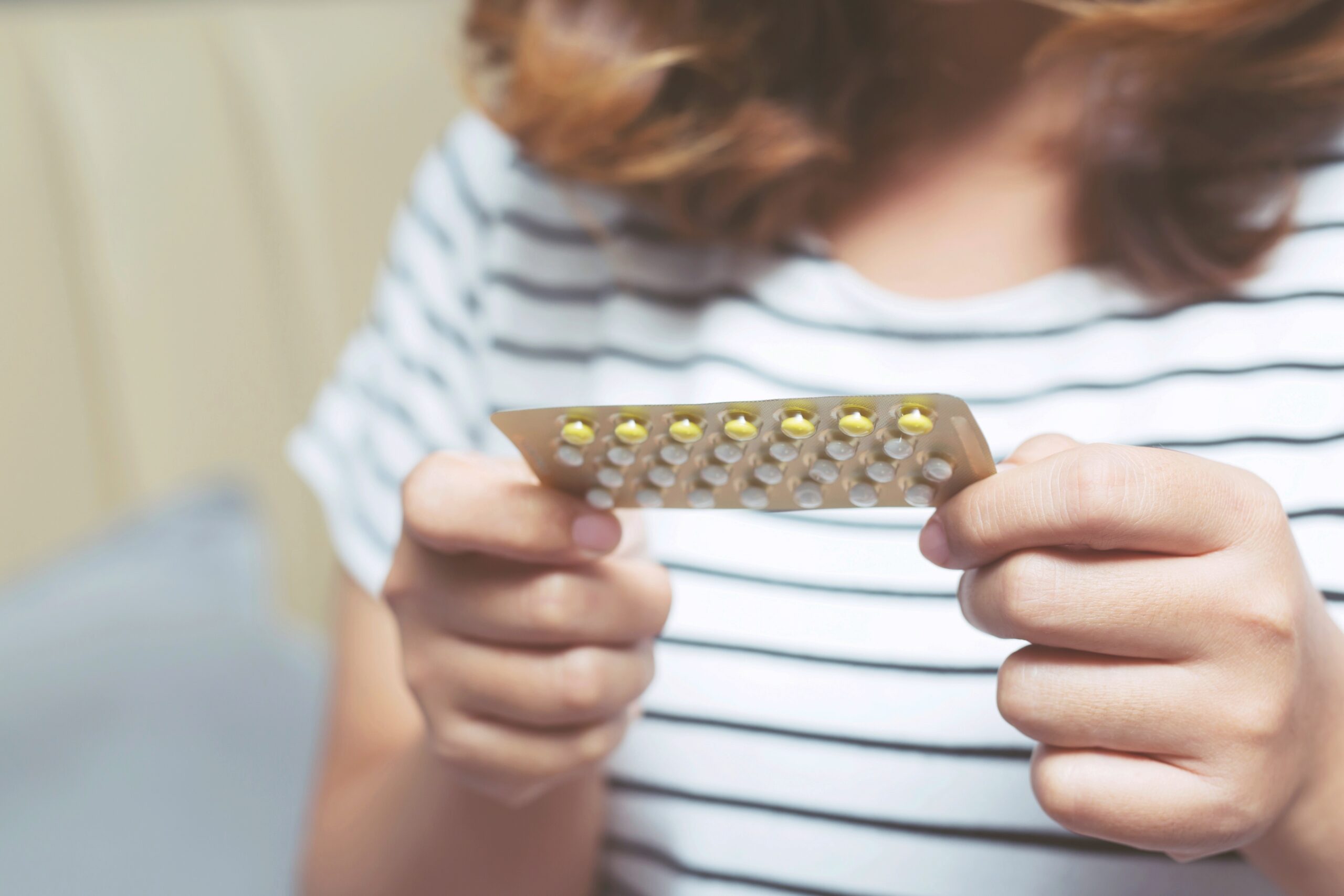Finding the Right Contraception Method
There are many different forms of non-hormonal and hormonal contraceptives available over the counter and with a prescription.
Here is the quick version answer on the most popular contraceptives we use:
The most common is the “birth control pill”, which is oral contraception that you take every day and can have a period either once a month or sometimes even every 3 months. It can sometimes help with unpredictable cycle, heavy cycles, or painful periods. The biggest complaint is simply remembering to take it everyday. Some people can remember very easily but some just can’t remember and find themselves needing to set alarms. Taking the pill inconsistently can cause it to be less effective and therefore cause irregular bleeding or even unplanned pregnancy.
A second form that helps keep cycles potentially predictable is the “the patch.” It is similar to most oral contraceptions in that it has estrogen and progesterone but you don’t have to remember it every day. It is worn on the skin for 7 days and changed out once a week for 3 weeks in a row. The fourth week you leave it off and typically have a menstrual cycle.
Next is the Nuvaring. It is a circular device that also usually leads to predictable cycles and inserts into the vagina, staying for 3 weeks. You then remove it for one week, typically triggering a menstrual cycle. Then, you insert a new one to start the process over. It’s easy and low dose, but you have to feel comfortable inserting it yourself.
Then, there is Depo-Provera, or “the shot.” It is a 3 month injection into the muscle that is easy and a very effective birth control. Usually given in the clinic, it contains only progesterone, which is often better for patients who may have disorders worsened by estrogen, such as clotting disorders or migraines. One of the drawbacks is that cycles can be unpredictable. However, some patients will have no cycles while on Depo-Provera, which is helpful to patients with endometriosis and painful cycles.
More longer term birth control is Nexplanon, an implant into the upper arm which last 3 years, and the hormonal intrauterine device “IUD”, a device placed inside the uterus which can last 3-5 years depending on the type. Both of these progesterone only devices are very effective, and are frequently being chosen as a birth control method in more recent years.
Each birth control method has risks and benefits that must be individualized to the patient. This is not an all inclusive list, but will help get you started on what contraception could be right for you.
Come see one of our gynecologists to talk about which birth control is right for you!
Missy Jackson McMinn, M.D., FACOG
